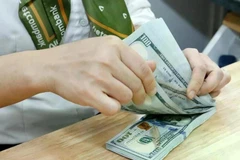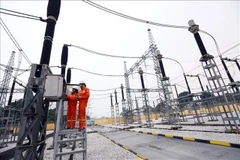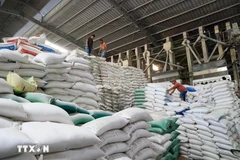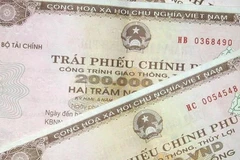After meeting with potential investors in Hong Kong on Jan. 18, theroad show will move on to London on January 19, then to Boston onJan.20 and New York on Jan.21.
“Whether the issue will be successful depends much on how well thedelegation presents Vietnam’s situation to investors,” NationalAssembly’s Economic Committee vice chairman Vu Viet Ngoan told VietnamNews.
The bonds have a maturity of 10 years and a yield is capped at 7percent per year. Citigroup, Barclays Capital and Deutche Bank areadvising on the issue.
Capital raised from the bond sale will be lent to PetroVietnam,Vinalines, Song Da Corporation, and Vietnam Machine ErectionCorporation (Lilama) to invest in Dung Quat oil refinery projects,hydro-electric power projects and to purchase vessels.
The government approved the issue two years ago but it was delayedseveral times due to unstable markets and the economic crisis, Ngoansaid.
But the crisis has reduced the availability of capital from abroad fromprevious years, and the nation was being increasingly pressured by theState budget and current account deficits, rising inflation, and recentdowngrades in creditworthiness from ratings agencies.
The National Assembly has estimated that the budget deficit would riseto 6.2 percent of GDP in 2010, up from 6 percent last year, although anumber of economists were predicting that it would reach 10 percent.Meanwhile, the trade deficit was expected to widen from 12.24 billionUSD last year to 14.5 billion USD in 2010.
“These difficulties explain why Vietnam has to borrow money fromoverseas at this time,” said an official from the Ministry of Financewho declined to be named. Nevertheless, Vu Thanh Tu Anh, director ofresearch at the Fulbright School in HCM City, believed that the bondissue would succeed, noting Vietnam’s advantages compared to otherdeveloping countries.
Vietnam first issued bonds overseas in 2005, selling 750 million USD worth, with a 2016 maturity date and 7.125 percent yield./.
























